
Non-transfected (–) and transfected (+) 293T whole cell extracts (30 μg) were separated by 10% SDS-PAGE, and the membrane was blotted with Tryptophanyl tRNA synthetase antibody (GTX110223) diluted at 1:1000. The HRP-conjugated anti-rabbit IgG antibody (GTX213110-01) was used to detect the primary antibody, and the signal was developed with Trident ECL plus-Enhanced.
Tryptophanyl tRNA synthetase antibody
GTX110223
ApplicationsWestern Blot, ImmunoHistoChemistry, ImmunoHistoChemistry Paraffin
Product group Antibodies
ReactivityHuman, Mouse, Rat
TargetWARS1
Overview
- SupplierGeneTex
- Product NameTryptophanyl tRNA synthetase antibody
- Delivery Days Customer9
- Application Supplier NoteWB: 1:500-1:3000. IHC-P: 1:100-1:1000. *Optimal dilutions/concentrations should be determined by the researcher.Not tested in other applications.
- ApplicationsWestern Blot, ImmunoHistoChemistry, ImmunoHistoChemistry Paraffin
- CertificationResearch Use Only
- ClonalityPolyclonal
- Concentration1 mg/ml
- ConjugateUnconjugated
- Gene ID7453
- Target nameWARS1
- Target descriptiontryptophanyl-tRNA synthetase 1
- Target synonymsGAMMA-2, HMN9, HMND9, IFI53, IFP53, NEDMSBA, WARS, tryptophan--tRNA ligase, cytoplasmic, epididymis secretory sperm binding protein, hWRS, interferon-induced protein 53, trpRS, tryptophan tRNA ligase 1, cytoplasmic
- HostRabbit
- IsotypeIgG
- Protein IDP23381
- Protein NameTryptophan--tRNA ligase, cytoplasmic
- Scientific DescriptionAminoacyl-tRNA synthetases catalyze the aminoacylation of tRNA by their cognate amino acid. Because of their central role in linking amino acids with nucleotide triplets contained in tRNAs, aminoacyl-tRNA synthetases are thought to be among the first proteins that appeared in evolution. Two forms of tryptophanyl-tRNA synthetase exist, a cytoplasmic form, named WARS, and a mitochondrial form, named WARS2. Tryptophanyl-tRNA synthetase (WARS) catalyzes the aminoacylation of tRNA(trp) with tryptophan and is induced by interferon. Tryptophanyl-tRNA synthetase belongs to the class I tRNA synthetase family. Four transcript variants encoding two different isoforms have been found for this gene. [provided by RefSeq, Jul 2008]
- ReactivityHuman, Mouse, Rat
- Storage Instruction-20°C or -80°C,2°C to 8°C
- UNSPSC41116161

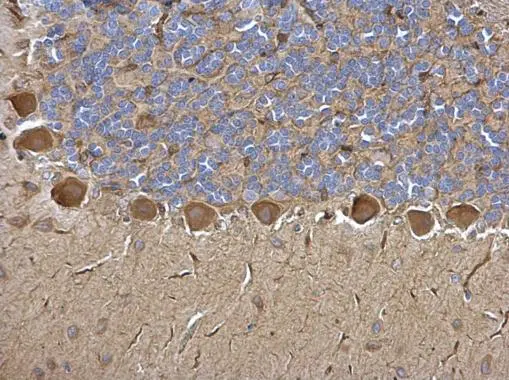
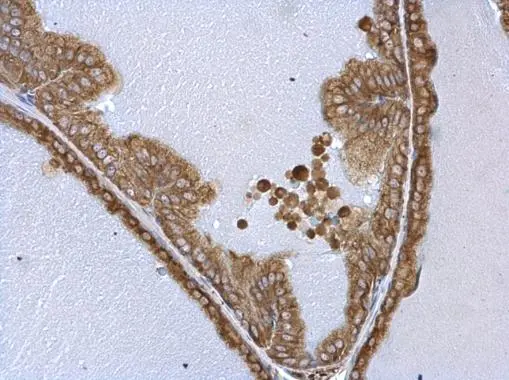
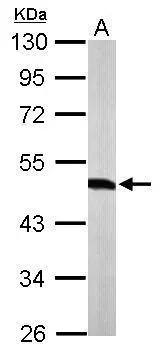
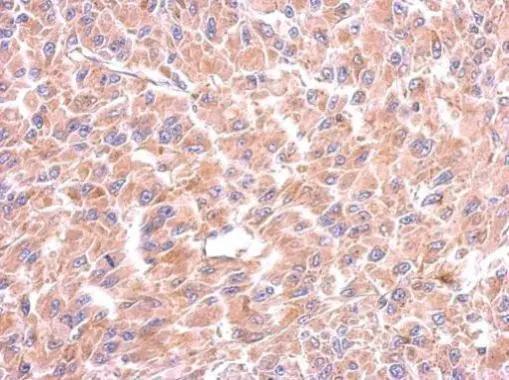
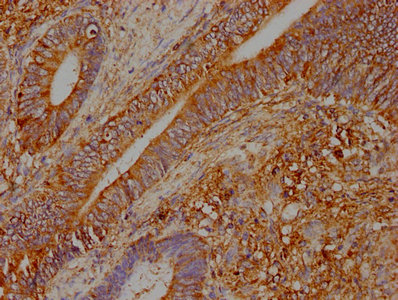
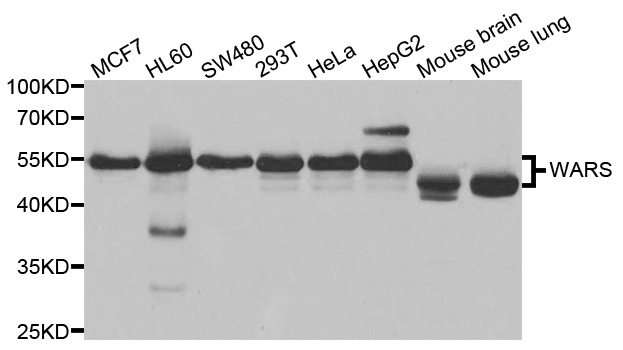



![Various whole cell extracts (30 μg) were separated by 10% SDS-PAGE, and the membrane was blotted with Tryptophanyl tRNA synthetase antibody [HL2186] (GTX638190) diluted at 1:1000. The HRP-conjugated anti-rabbit IgG antibody (GTX213110-01) was used to detect the primary antibody. Corresponding RNA expression data for the same cell lines are based on Human Protein Atlas program.](https://www.genetex.com/upload/website/prouct_img/normal/GTX638190/GTX638190_T-44935_20230203_WB_TPM_watermark_23020621_688.webp)